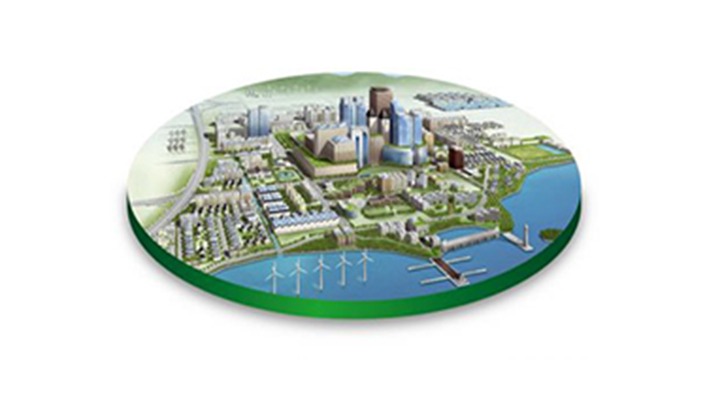Transport and Energy Smart attract the most investments in Smart Cities ICT, the less attractive is the intelligent management of water instead.
Difficulties remain fragmented such as the implementation of the projects, the reluctance to try new technologies, the limited participation of local authorities and the lack of a holistic view. This is shown by a recent analysis by Frost & Sullivan entitled “The Role of ICT in Building Smart Cities – Infrastructure”, which focuses on the prospects of investments in Information and Communication Technology in segments related to energy, transport, water management and intelligent.
The smart city projects undertaken worldwide, emphasizes the analysis, are encouraging the creation of new sources and types of data, as well as enabling technologies and ways of using this data. These factors give impetus to the prospects of ICT providers that offer software for the analysis of big data, open data platforms, cloud computing services and broadband connectivity.
The study by Frost & Sullivan shows that intelligent energy and transport are currently high on the agenda of research and, therefore, represent the main areas of growth for suppliers of ICT.
“The intelligent transport – notes Ewa Tajer, an analyst at Frost & Sullivan – are the subject of increased attention in cities around the world, and therefore offer the greatest opportunities for suppliers of ICT. Suppliers of ICT should in particular look at the great European cities, where you are displaying numerous offers for intelligent transport systems (ITS) and is planning to introduce new features to reduce traffic congestion, noise, and pollution.”
The intelligent energy segment contributes to increasing demand for ICT, with a market value that probably exceed the market value of intelligent transport by 15-20% in 2020.
There are limited opportunities for suppliers of ICT in the segment of intelligent management of water, due to the lack of appropriate standards, the lack of regulatory support and inadequate funding for projects, granted by the authorities in most countries.
It is hoped that this will change over time, thanks to new funding plans that carry the water operators to invest in technologies that will significantly reduce operating costs. Another difficulty for suppliers of ICT is fragmented implementation of projects of smart cities, due to the lack of inter-sectoral coordination and a lack of cooperation among the various stakeholders.
Other limiting factors are reluctant to try new technologies, the limited participation of local authorities and the lack of a holistic view of the development and deployment of smart technologies. “The ICT suppliers, as trusted advisors, they should work with local stakeholders to help create a well-defined vision of smart cities and an implementation plan that will guarantee them a key role in the region who are looking to build a future more sustainable, “concludes Tajer.
Source: Corriere delle Comunicazioni

